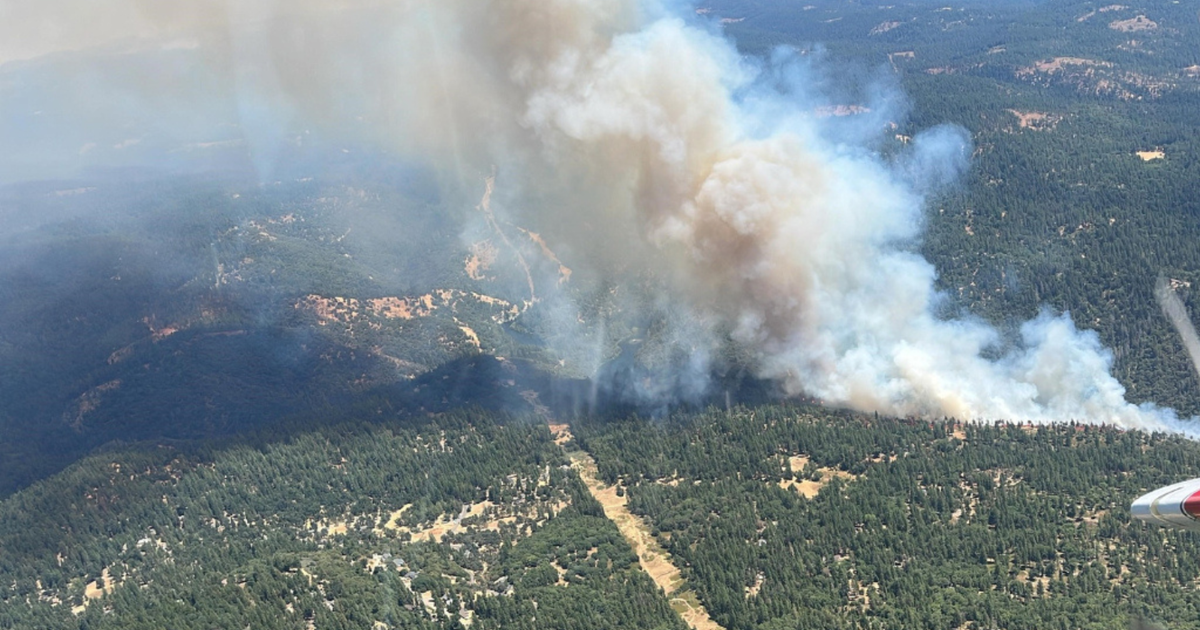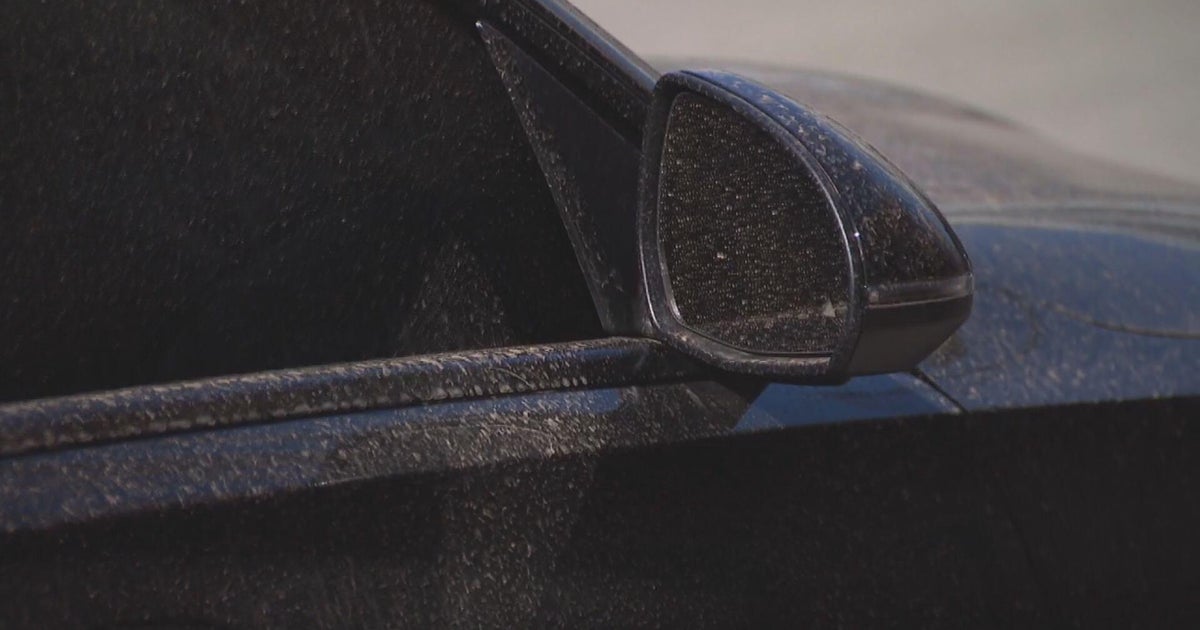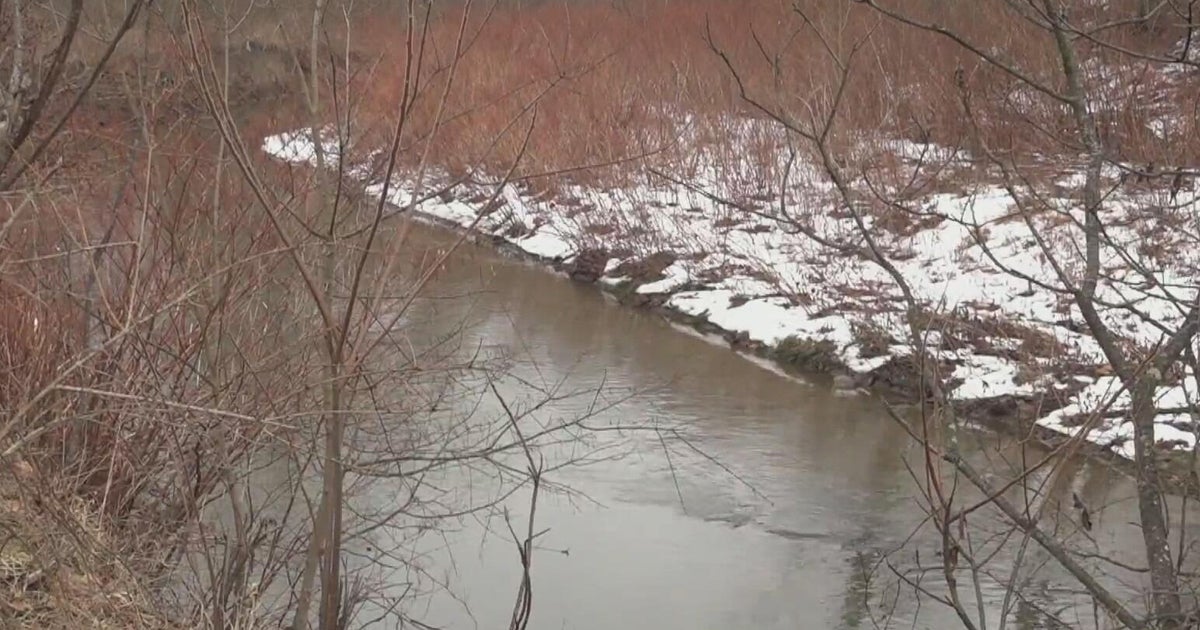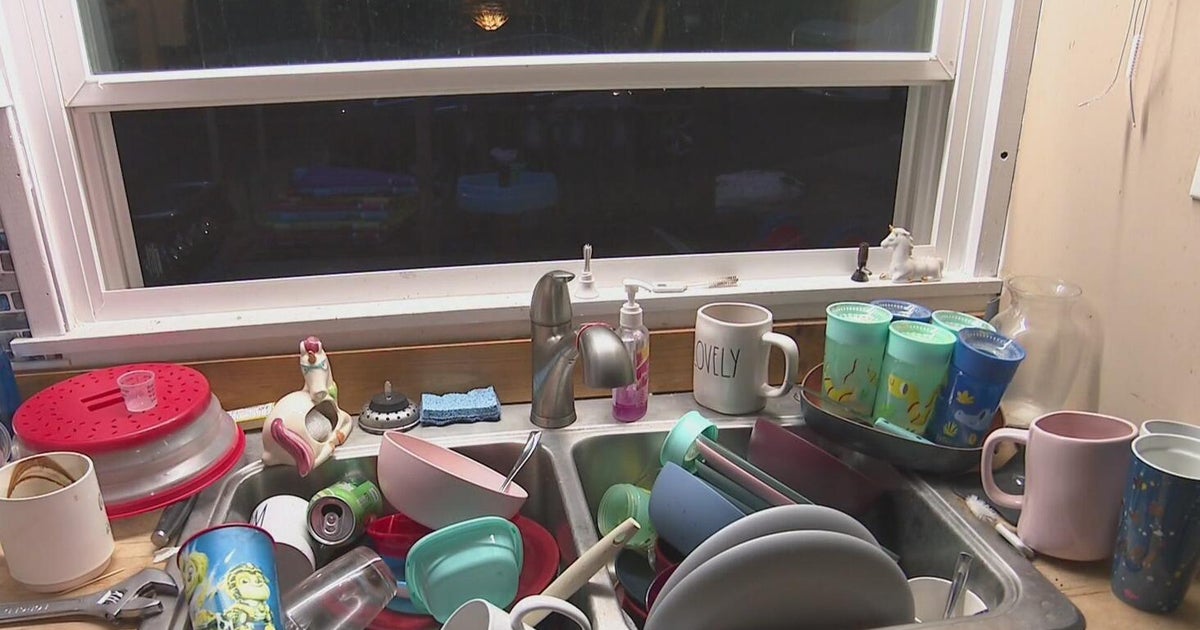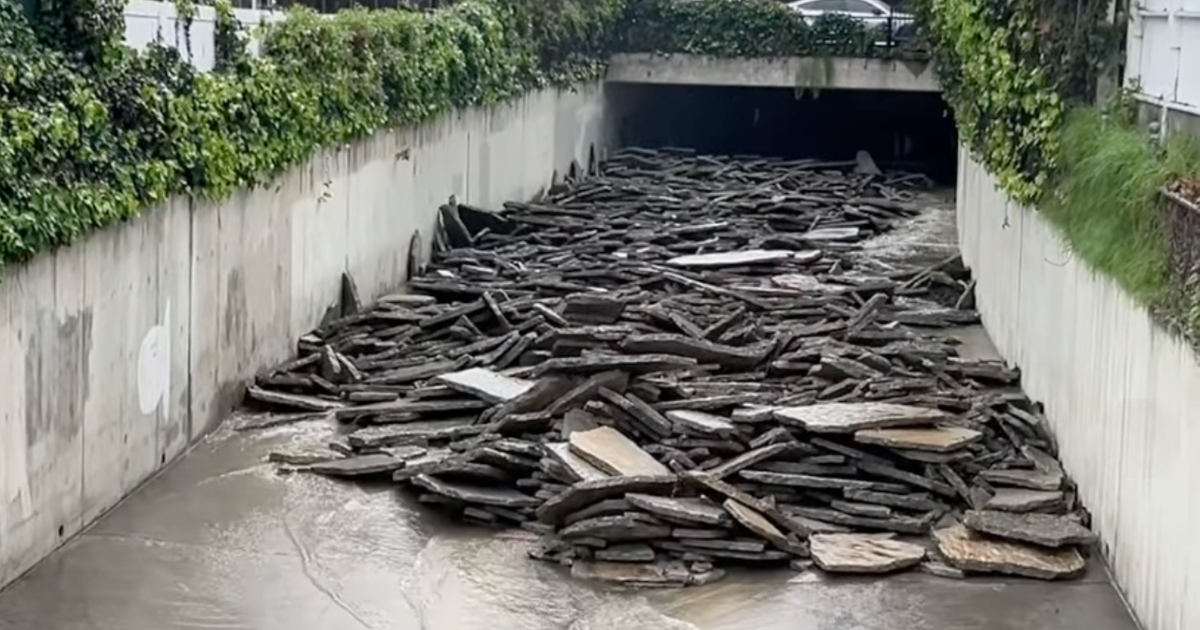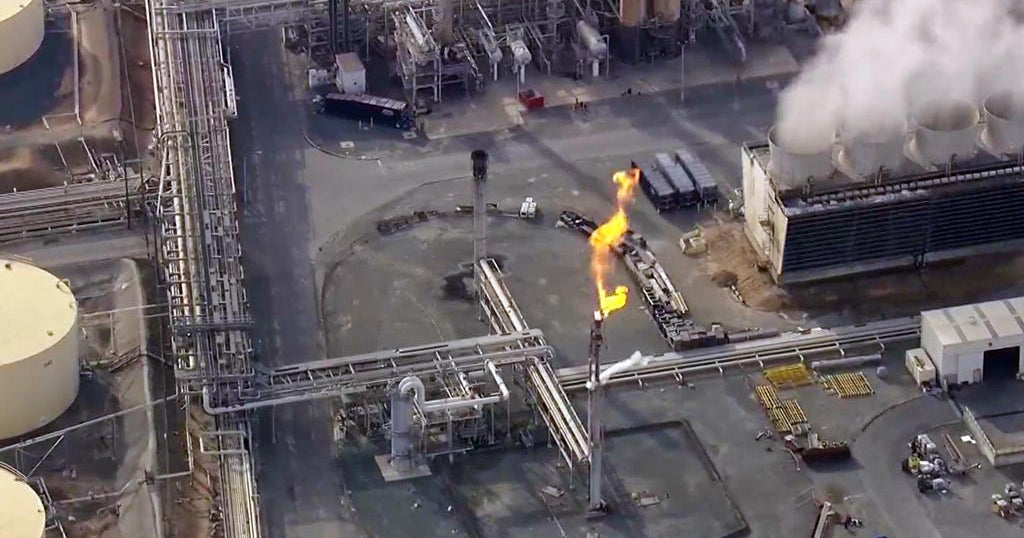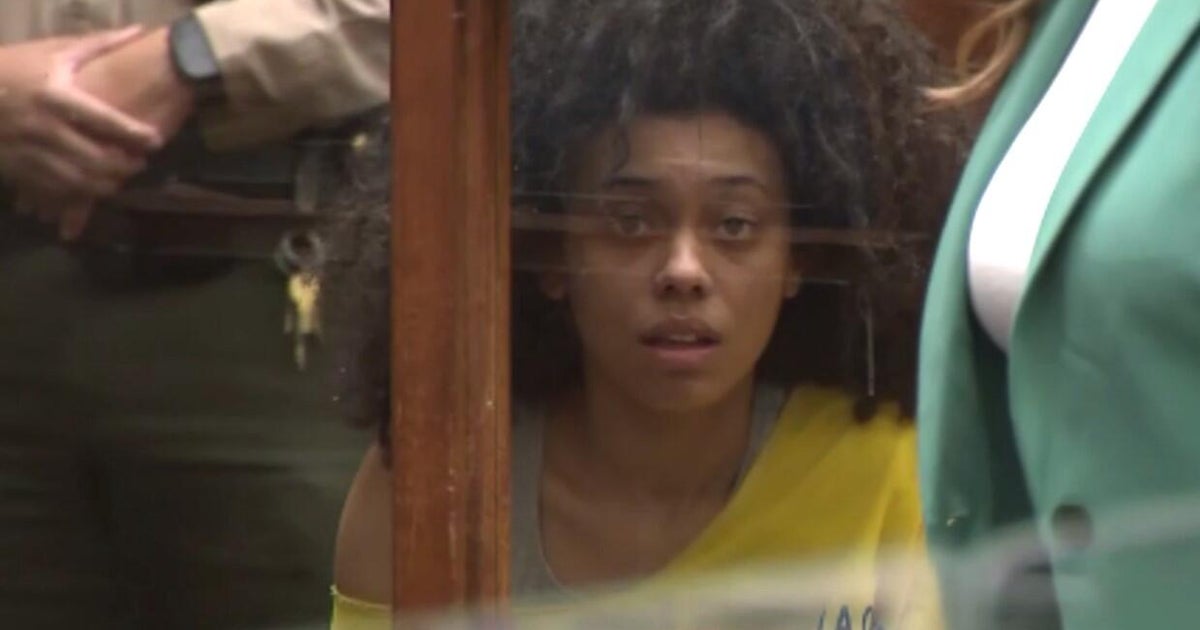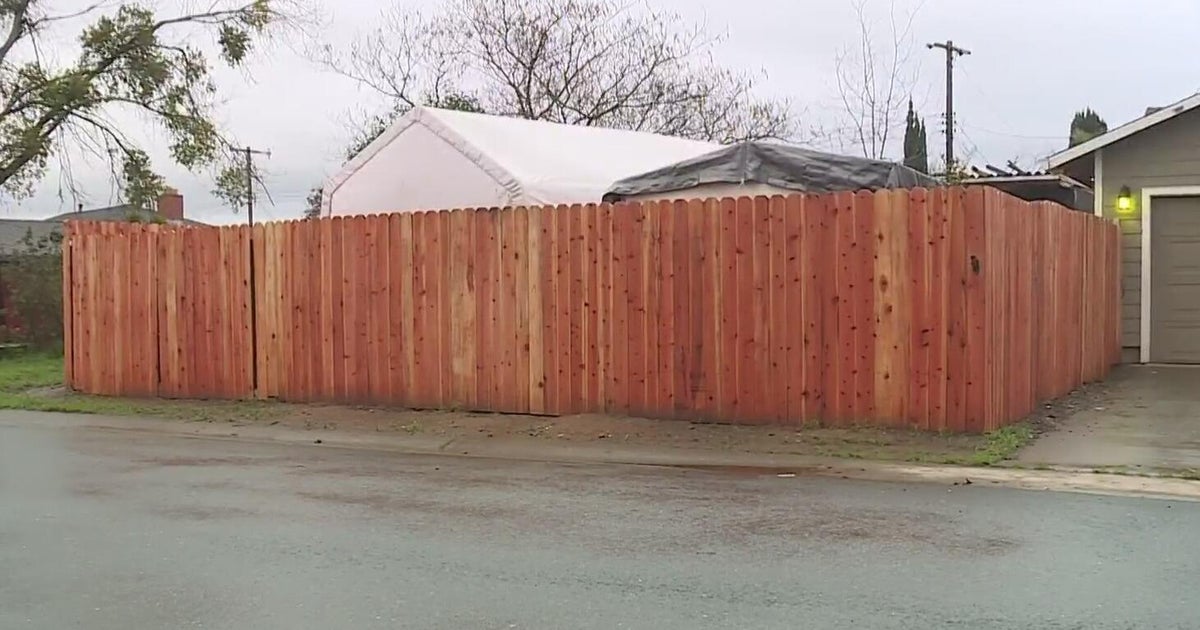Water Contaminated With Benzene In Santa Rosa Area Ravaged By Wildfire
SANTA ROSA (KPIX 5) -- The city of Santa Rosa is urging people in parts of the Fountaingrove neighborhood, where half the homes burned down in the Tubbs Fire, not to drink the water.
Don't even drink it after boiling it, city officials say.
The water supply is contaminated with benzene.
The city, experts and regulators can't figure out how the benzene is getting into the supply, let alone how to fix it.
This is just the latest blow for some families recovering from the wine country wildfires.
The highly toxic chemical is found in the water in the Fountaingrove area and the city is stumped about the source.
Sam Marvi's house is one of thirteen homeowners lucky enough to have survived the fire, only for that luck to run out when he turns on the tap.
He and a dozen of his surviving neighbors can't use their water thanks to their fire-ravaged water system.
"Do not drink, do not wash dishes, don't shower, don't do laundry, don't do anything that has to heat the water," said Marvi.
The threat is benzene: a cancer causing chemical that has somehow found its way into an isolated area of Fountaingrove's drinking water.
Santa Rosa's director of water Ben Horenstein said, "We're engineers, we're scientists, we're trying to solve problems, and we haven't been able to solve this."
They don't know the source. But they do know it's a dangerous problem.
The regulatory limit is one part per billion. Some tests have turned up with 900 times that amount.
So until it's fixed the water in those 13 homes, it is basically unusable.
"We've got five gallon waters, and we're kind of adlibbing with that and then there are gyms for showering," Marvi said.
Santa Rosa officials have isolated the area and tested outside it to make sure no one else is affected.
But some residents are still concerned and are taking matters into their own hands while the city sorts out the issue.
"It's scary," said resident Yvonne Adams, who is getting her water independently tested.
Horenstein said his department is reaching out nationally to experts. There's not a tremendous amount of experience...We're convinced we're going to solve it, of course. It may go on for a bit of an extended period."
Worst case scenario is that they don't find the source or it's something that will be a huge undertaking to fix. If that's the case, Santa Rosa Water says they may have to rip the system out, to the tune of $20 million. And that would not be a short endeavor either.
Authorities should know whether they will have to do rip out the system within the next six to eight weeks.
